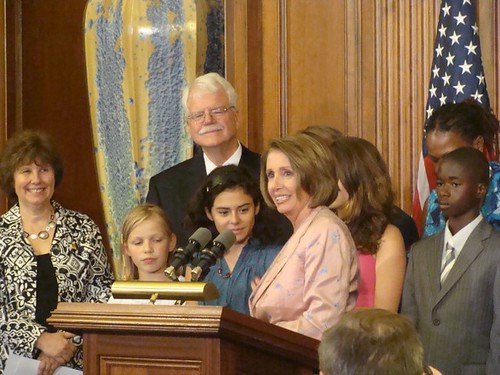 assisted living facilities
assisted living facilities
In recent years, there has been increased interest and discussion surrounding the intersection of Medicare and Medicaid, two prominent healthcare programs in the United States. Medicare primarily serves older adults and people with disabilities, while Medicaid provides coverage to low-income individuals and families. Understanding whether one can have both Medicare and Medicaid is crucial for those who may be eligible for both programs and can significantly impact access to healthcare services.
Exploring the Facets of Medicare and Medicaid Integration
When it comes to eligibility, it is possible for individuals to qualify for both Medicare and Medicaid simultaneously, a situation often referred to as “dual eligibility.” Dual eligible individuals typically have Medicare as their primary insurance and Medicaid as secondary, providing additional coverage for services not fully covered by Medicare, such as long-term care, dental, and vision care.
The implications of dual eligibility extend beyond individual beneficiaries to healthcare providers and the healthcare system at large. Providers must navigate the complexities of billing and reimbursement from multiple sources, while policymakers grapple with the challenge of coordinating benefits and ensuring continuity of care for dual eligible individuals.
Challenges and Considerations
One of the main challenges associated with dual eligibility is the coordination of benefits between Medicare and Medicaid, which can sometimes result in confusion or gaps in coverage for beneficiaries. Additionally, the administrative burden on both beneficiaries and healthcare providers can lead to inefficiencies in the delivery of care.
Ethical considerations arise regarding the equitable distribution of healthcare resources and ensuring that dual eligible individuals receive the comprehensive care they need without facing undue financial hardship. Debates also exist regarding the appropriate role of Medicare and Medicaid in providing coverage for different populations and services.
Case Studies or Real-world Applications
One example of dual eligibility in action is the case of an elderly individual who requires long-term care services not covered by Medicare. In this scenario, Medicaid may step in to cover the cost of nursing home care or home and community-based services, supplementing the individual’s Medicare coverage.
Another example involves a person with disabilities who relies on both Medicare and Medicaid for coverage of medical expenses and support services. Medicaid may cover additional costs such as transportation to medical appointments or personal care assistance, enhancing the individual’s access to care and quality of life.
Conclusion
In conclusion, the question of whether one can have both Medicare and Medicaid underscores the complexity of the U.S. healthcare system and the diverse needs of its population. While dual eligibility can provide valuable additional coverage for certain services, it also presents challenges in terms of coordination, administration, and ethical considerations. As the landscape of healthcare continues to evolve, ongoing attention to the intersection of Medicare and Medicaid will be essential in ensuring that dual eligible individuals receive the care and support they need.
Q&A Section
- Can I have both Medicare and Medicaid at the same time?
- Yes, it is possible to be eligible for both Medicare and Medicaid, known as dual eligibility. Medicare serves as the primary insurer, while Medicaid provides additional coverage for services not fully covered by Medicare.
- What services does Medicaid cover that Medicare does not?
- Medicaid covers a wide range of services not fully covered by Medicare, including long-term care, dental care, vision care, and home and community-based services.
- Do I need to apply separately for Medicare and Medicaid?
- Yes, you typically need to apply for Medicare and Medicaid separately through different application processes. Eligibility criteria vary for each program, so it’s essential to understand the requirements for both.
- Will having both Medicare and Medicaid affect my access to healthcare providers?
- Dual eligible individuals may have access to a broader network of healthcare providers, as Medicaid may cover services or providers not included in Medicare’s network. However, some providers may have limitations on the number of Medicaid patients they can accept.
- How do I find out if I’m eligible for both Medicare and Medicaid?
- You can contact your local Medicaid office or the Social Security Administration to inquire about eligibility for both programs. Additionally, healthcare providers or community organizations may offer assistance with the application process.
For further exploration of this topic, consider these additional resources:
Need help? Let us know how we can match you.
